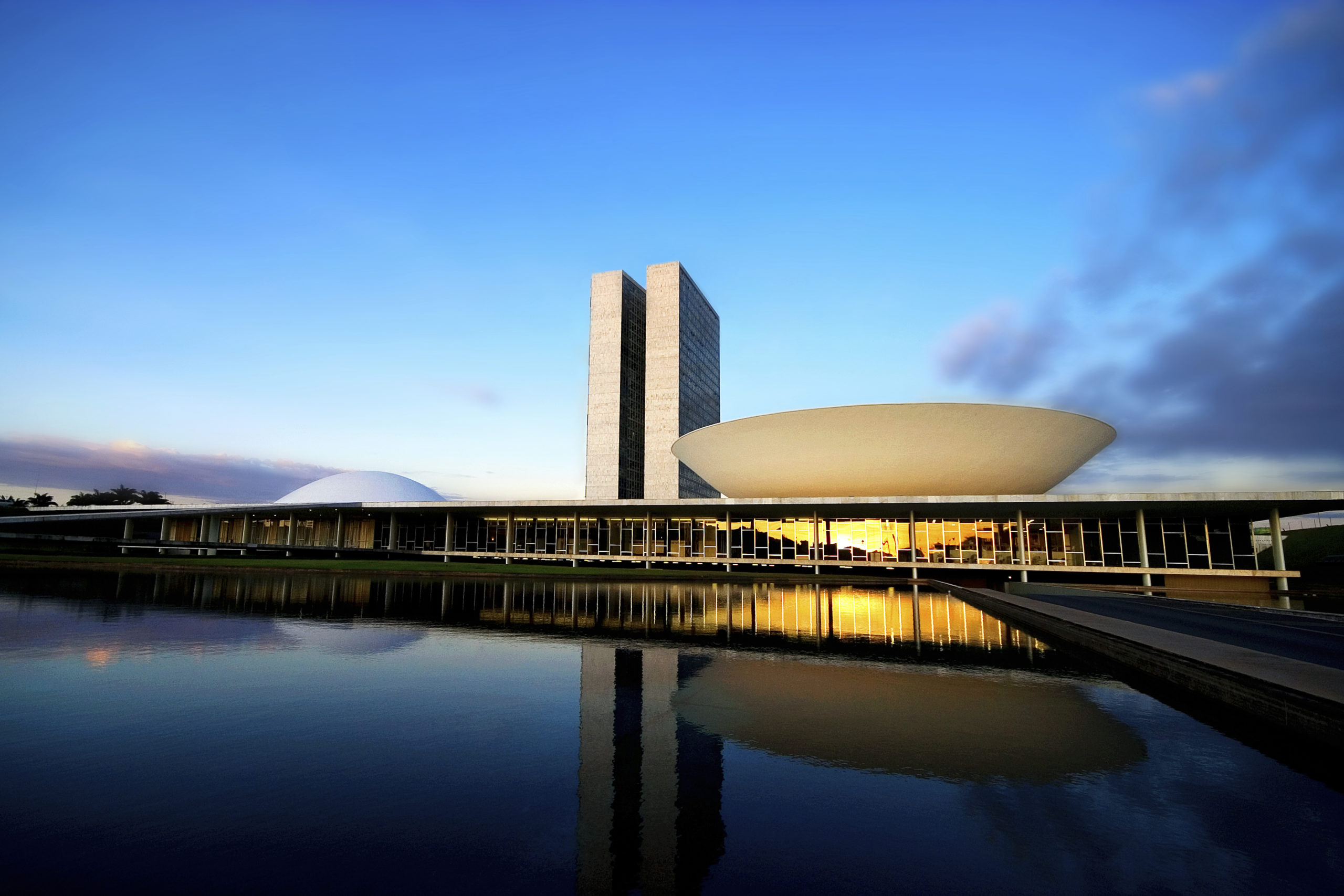
On September 15, 2021, the Central Bank of Brazil (BCB) released its first “Report on Social, Environmental and Climate-related Risks and Opportunities”. Based on the recommendations by the World Economic Forum (WEF), the Task Force on Climate-related Financial Disclosure (TCFD), and the Network for Greening the Financial System (NGFS), the publication highlights the potential impacts of social, environmental, and climate-related issues on Brazil’s economy and financial stability, and details the initiatives aimed at assessing, disclosing and managing ESG risks and opportunities within the BCB structure and in the financial system.
Continue Reading Brazil’s Central Bank and National Monetary Council Publish New Rules on Disclosure and Management of Social, Environmental and Climate-related Risks




